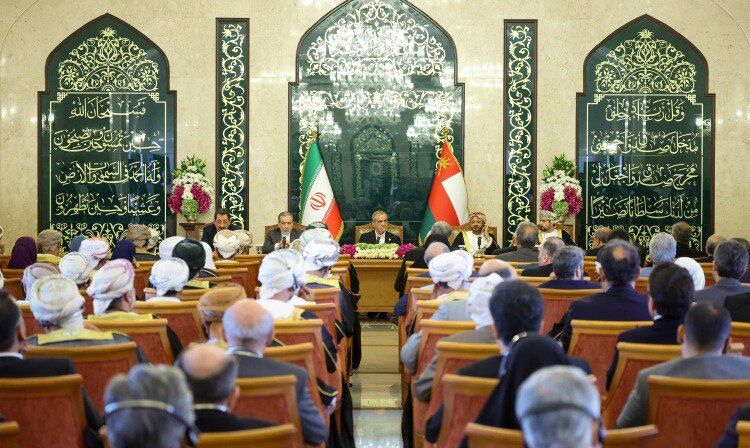
Similar Posts
Islamic Revolution: A Beacon of Inspiration for Independent Nations Worldwide
Between January 1978 and February 11, 1979, the Iranian populace, led by Ayatollah Khomeini, rose against the US-backed rule of Mohammad Reza Shah, culminating in the establishment of the Islamic Republic of Iran. Public discontent grew due to the Shah’s oppressive regime, economic disparity, and brutal actions by the Secret Police (SAVAK). The Shah fled on January 16, 1979, enabling Khomeini’s return two weeks later. Following the army’s neutrality, the Pahlavi dynasty collapsed. A referendum in March 1979 resulted in 98.2% approval for the Islamic Republic, which is commemorated annually from February 1 to 11, celebrating the revolution’s legacy.
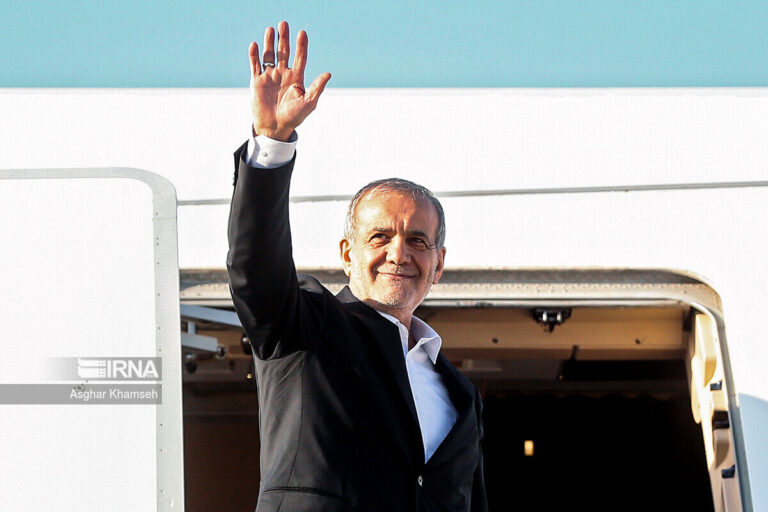
President Pezeshkian Sets Off on Diplomatic Journey to Baku
Tehran’s President Masoud Pezeshkian has begun a crucial one-day visit to Baku, Azerbaijan, at the invitation of President Ilham Aliyev. This trip aims to strengthen diplomatic relations and enhance cooperation between the two neighboring nations. Pezeshkian is scheduled to hold a bilateral meeting with Aliyev, marking a strategic milestone in Iran’s foreign policy. The visit emphasizes the commitment to revitalizing ties and fostering regional cooperation, reflecting mutual interests between Iran and Azerbaijan. Overall, this engagement is seen as pivotal for improving bilateral relations in the region.
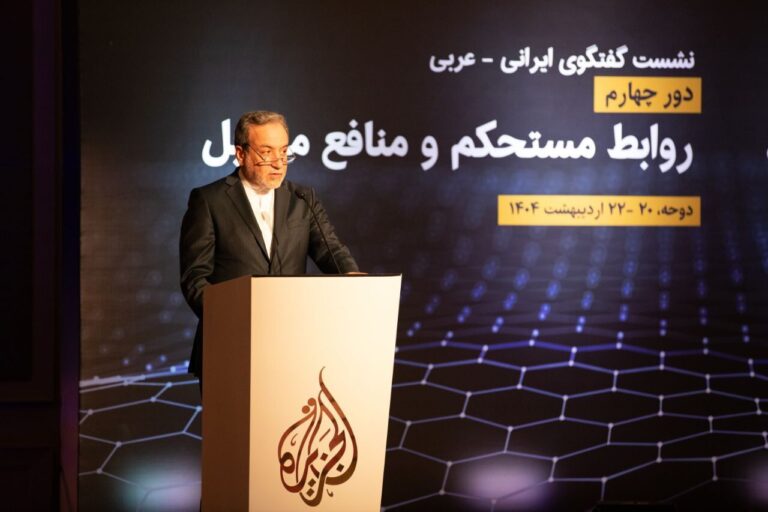
Iran Asserts Right to Peaceful Nuclear Energy Use, Including Enrichment
Iranian Foreign Minister Abbas Araqchi reaffirmed that Iran forbids the acquisition and use of nuclear weapons, emphasizing its commitment to the international non-proliferation regime while asserting its right to peaceful nuclear energy and enrichment. Speaking at the 4th Iran and Arab World Conference in Doha on May 10, 2025, he stated that Iran does not seek nuclear weapons and supports a nuclear-weapon-free zone in West Asia. Araqchi urged Western nations to avoid double standards on nuclear issues and confirmed ongoing dialogues with the US, Europe, Russia, and China regarding these matters.
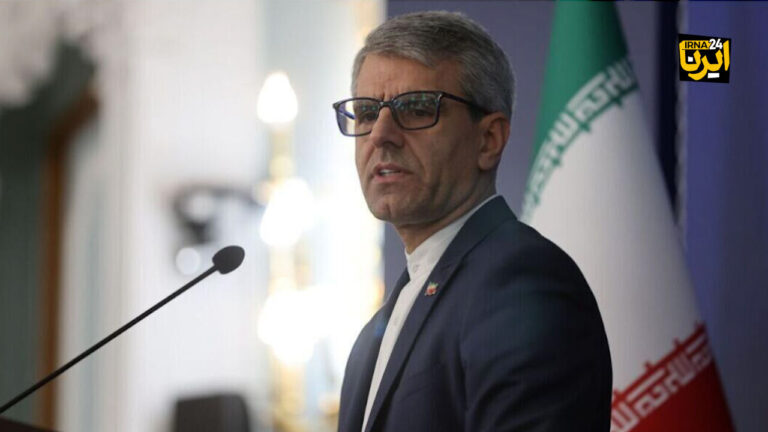
Iran’s Foreign Ministry: Respecting Legitimate Rights Essential for U.S. Deal
In the ongoing negotiations between Iran and the United States, key issues include respecting Iran’s rights under the Non-Proliferation Treaty (NPT) and lifting sanctions, as emphasized by Foreign Ministry spokesperson Esmaeil Baqaei. He reiterated Iran’s commitment to ending oppressive sanctions and building trust regarding its nuclear program during a briefing in Muscat, Oman, where indirect talks are underway. The Iranian delegation, led by Foreign Minister Abbas Araqchi, is negotiating separately from the U.S. team, represented by Middle East envoy Steve Witkoff. Baqaei stressed the need to recognize Iran’s rights to achieve a viable agreement that enhances international security.
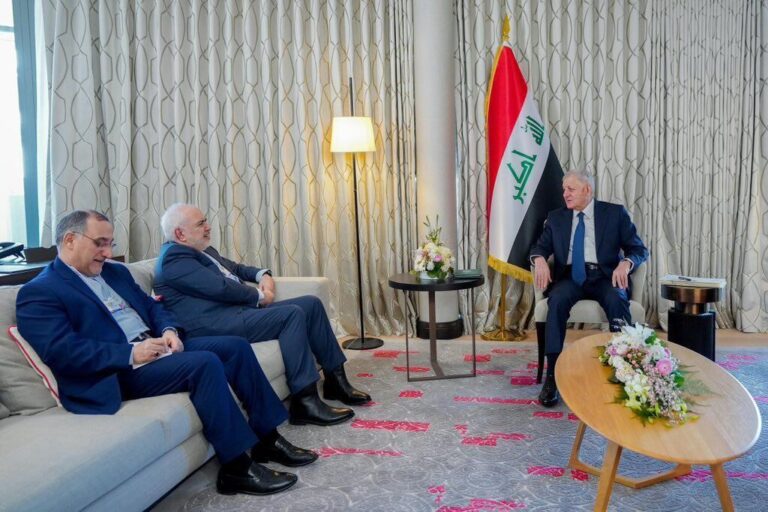
Iran’s Zarif Engages in High-Level Talks with Iraq’s President in Switzerland
During the Davos 2025 event, Iran’s Vice President Mohammad Javad Zarif met with Iraqi President Abdul Latif Jamal Rashid in Switzerland to strengthen Iran-Iraq relations. Their discussions focused on promoting bilateral ties and cooperation across sectors such as environment, energy, economy, and security. President Rashid highlighted the importance of enhancing regional relations for mutual stability and security. Zarif reaffirmed Iran’s commitment to fostering ties with Iraq, emphasizing that the progress and welfare of both nations are priorities. This meeting underscores a shared intent to deepen collaboration amidst the ongoing World Economic Forum, themed “Collaboration for the Intelligent Age.”
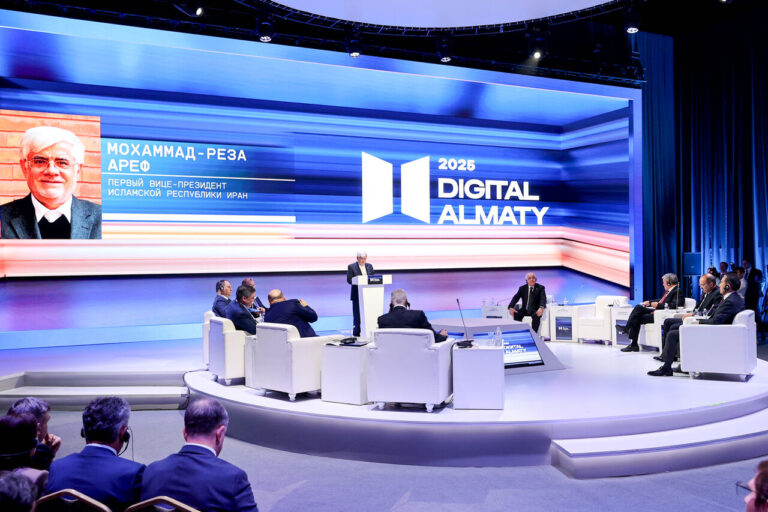
Iranian VP Advocates for Unity Against Unilateralism in Digital Governance and AI Development
Iranian Vice President Mohammad-Reza Aref emphasized the need to combat unilateralism in digital and artificial intelligence economies during his visit to Kazakhstan for the Eurasian Economic Union (EAEU) Prime Ministers’ meeting and the 2025 Almaty Digital Forum. He advocated for increased collaboration among member states to develop joint digital and AI products, proposing initiatives such as enhancing communication infrastructure, harmonizing laws, creating common platforms, and jointly developing digital products. Aref stressed the importance of inclusive governance and called for Iran and its regional partners to unite in establishing a new digital era, highlighting the potential within EAEU countries.